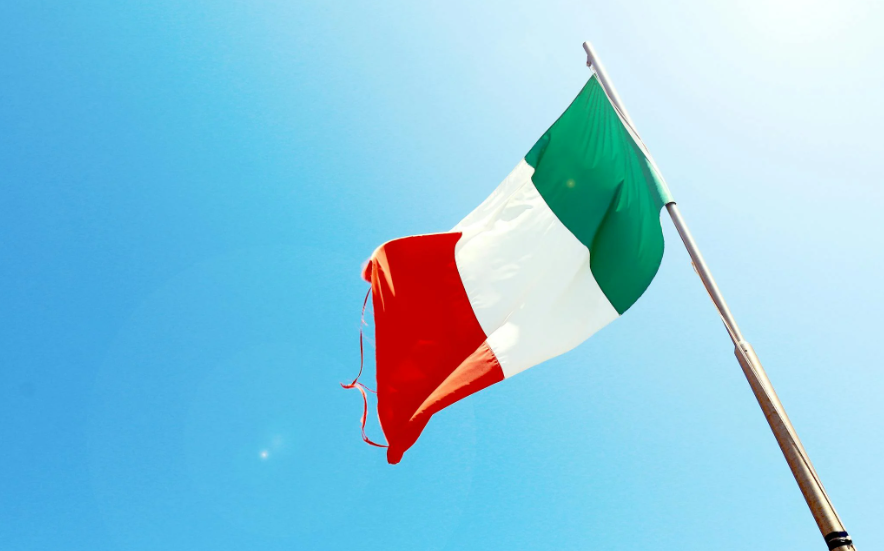Italy’s New Law Would Grant Babies Their Mother’s Surname

© JÉSHOOTS / Pexels
Italian senator Dario Franceschini, of the centre‑left Democratic Party, has introduced a bill that would automatically register newborns with their mother’s surname—unless parents actively choose otherwise. It marks a historic challenge to Italy’s tradition of children inheriting only their father’s last name.
Correcting a Historic Inequality
Franceschini argues this change would “compensate for a centuries‑old injustice”, reinforcing gender equality. He points to Italy’s 2022 constitutional court ruling, which found the one-surname system “discriminatory” and mandated that newborns carry both parents’ names, or, if undecided, a court would decide. His bill simplifies it by giving the mother’s name as the default.

Legal Roots & Identity Complexity
Under current law, newborns usually take their father’s name. Once registered, however, changing a child’s surname is “very complicated,” and siblings cannot have divergent names, making the change systemic. The 2022 court directive called for flexibility, but until legislation is enacted, it remains unenforced.
Political Backlash & Cultural Clashes in Italy
The bill has triggered a fierce debate:
- Deputy PM Matteo Salvini mocked the initiative, calling it a leftist stunt to “wipe fathers off the face of the earth.”
- Brothers of Italy’s Federico Mollicone warned it shifts norms “from patriarchy to matriarchy,” though he didn’t rule out allowing dual surnames.
- Forza Italia’s Pierantino Zanettin criticized it as mere “media provocation.”
Support From Gender Equality Advocates
Franceschini’s campaign has backing from several progressive voices:
- Anna Rossomando, co-author of the bill, called it a bold move against centuries of female erasure.
- Senator Valeria Valente hailed it as a “battle of civilisation,” ensuring mothers’ names are visible.
Constitutional court president Cesare Mirabelli expressed doubt it would pass, warning it risks the same legal issues as the old system and might be overturned if enacted.
European Comparisons & Generational Shifts
Italy differs from Spain or Portugal, where it’s common to use both parents’ surnames. The proposed law reflects changing societal values, especially among younger Italians, who advocate for gender-neutral naming rights and celebrate women’s identities. It also builds on the 2022 court decision, aiming to move from choice by default to active parity.

What Happens Next?
- The bill will be debated in the Italian parliament, with no clear timeline.
- If passed, birth certificates would default to maternal surnames unless parents actively opt in.
- Legal challenges are expected, especially regarding family naming norms and constitutional consistency.
You might also want to read:


